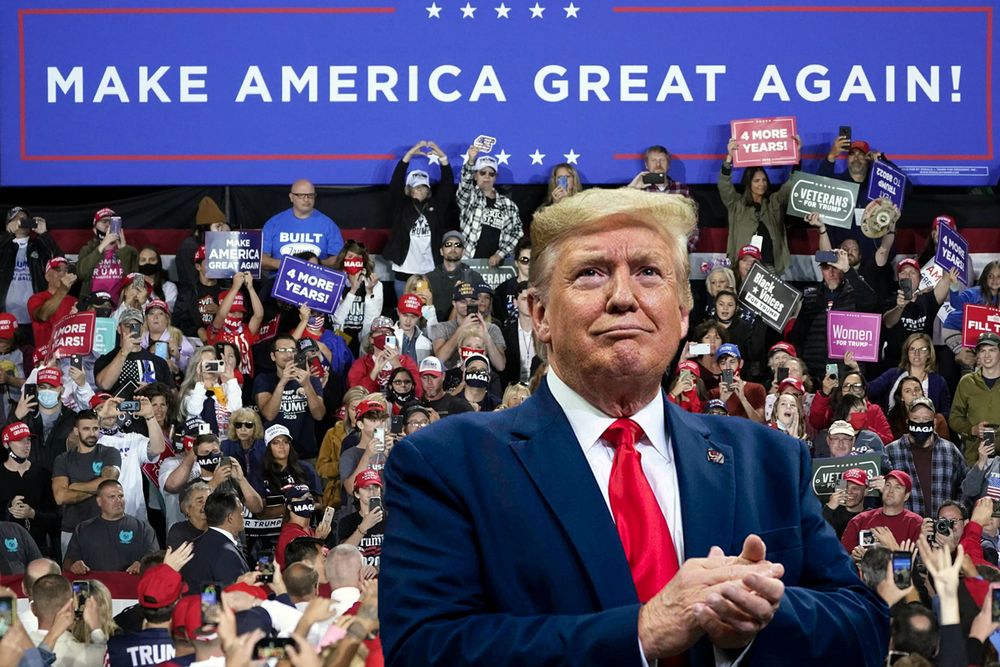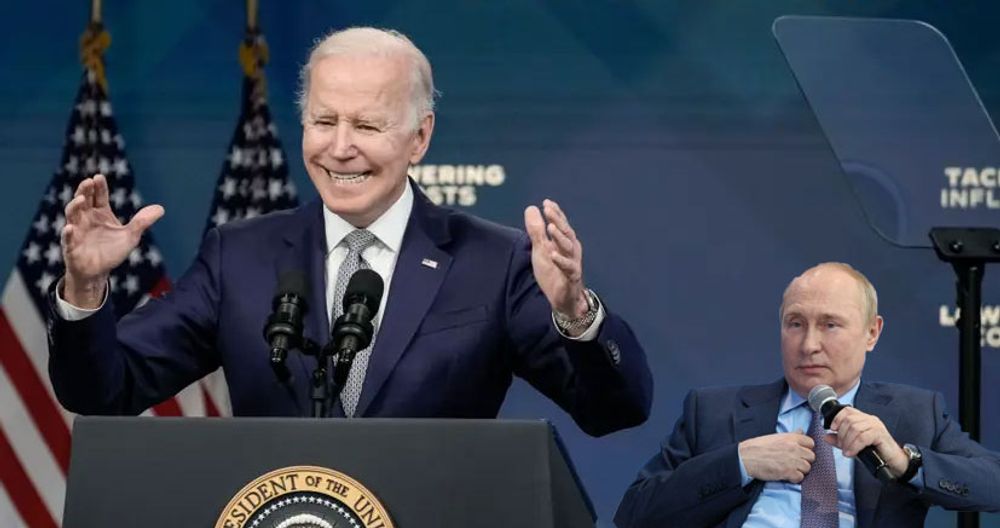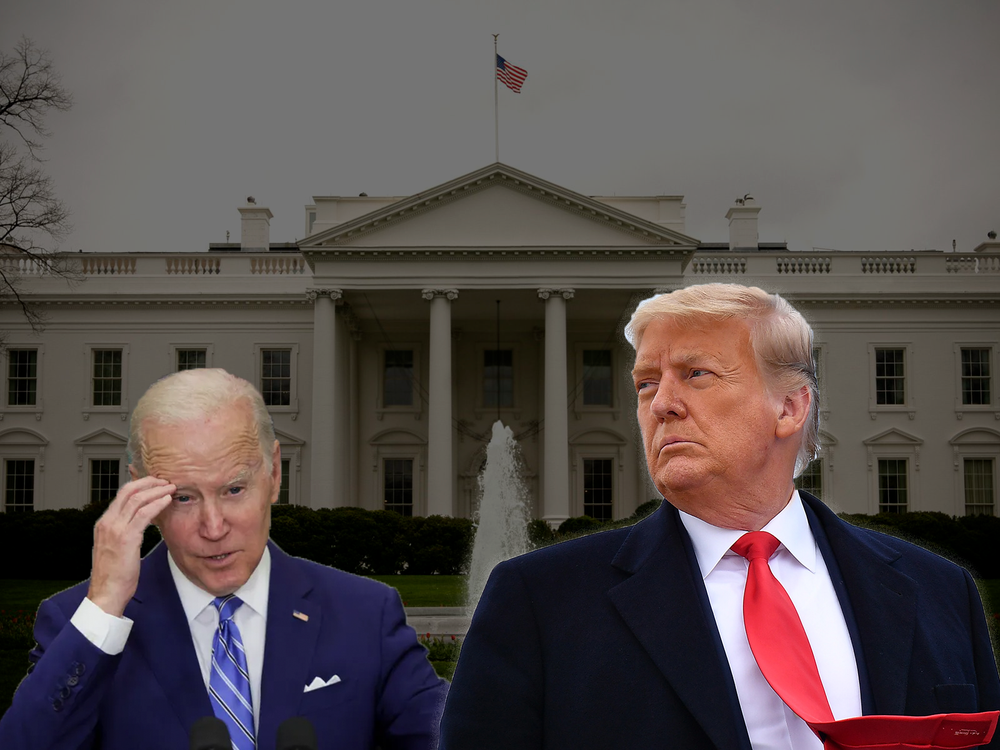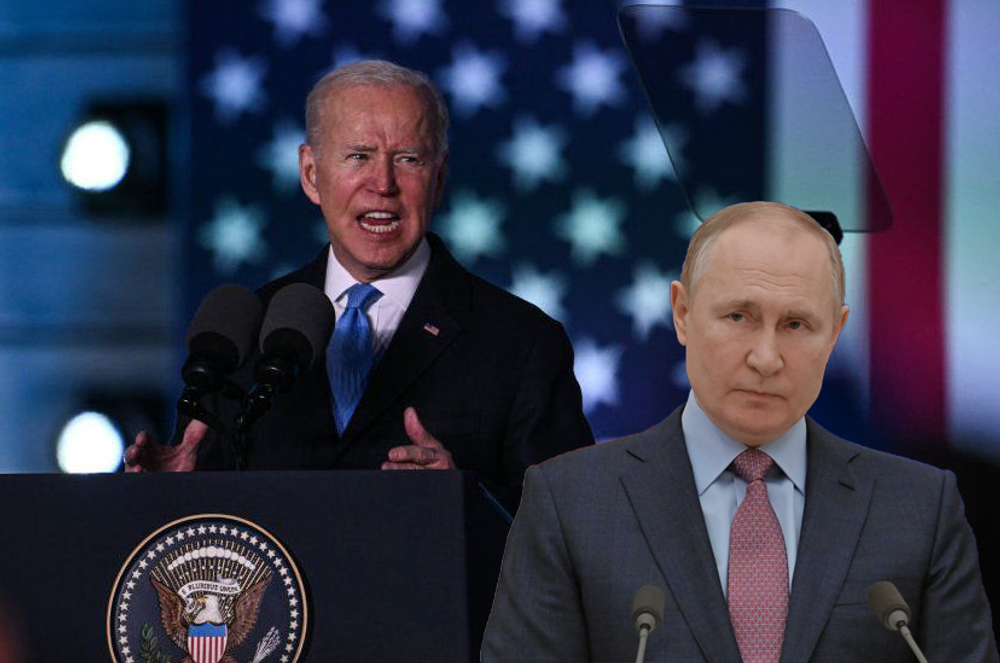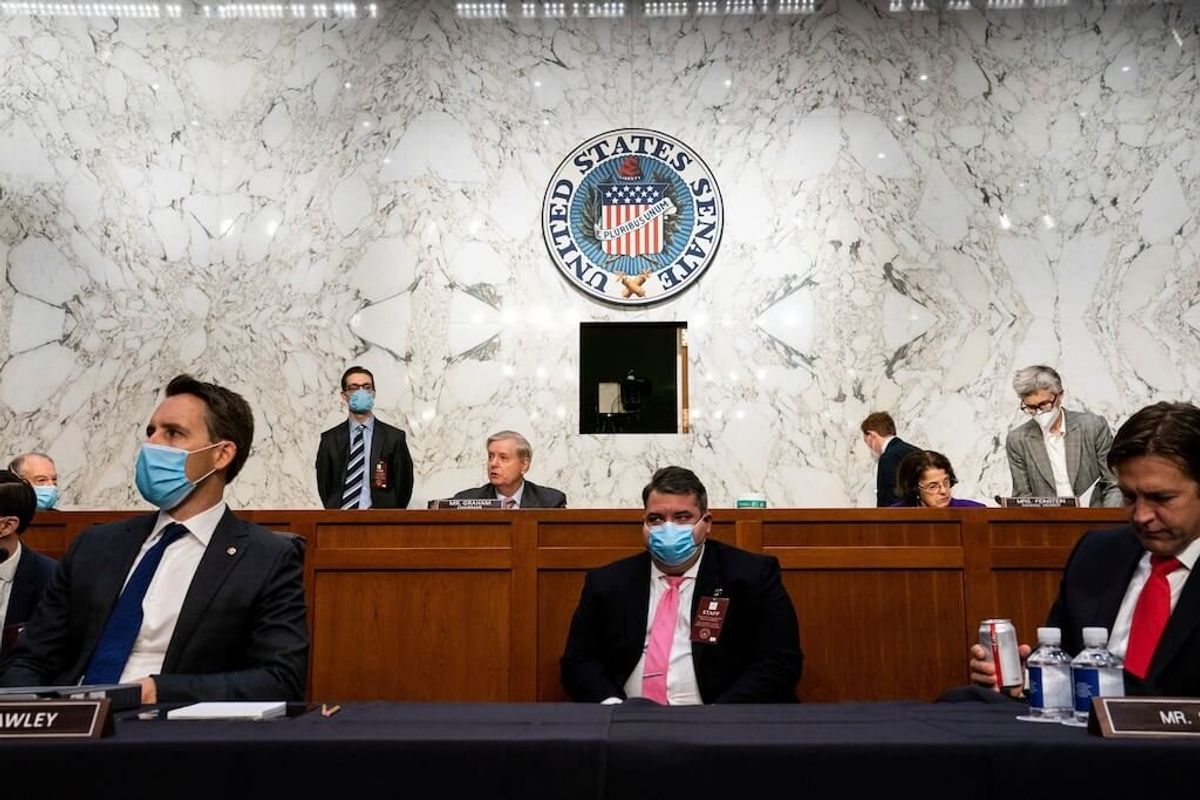
Senate Panel Wraps Confirmation Hearings for Trump’s Supreme Court Pick
The U.S. Senate Judiciary Committee heard arguments Thursday supporting and opposing the confirmation of Supreme Court nominee Amy Coney Barrett as the panel finishes four days of hearings to fill a vacancy on the country’s highest court.
Democrats invoked committee rules to push a final vote by the panel on Barrett’s nomination by a week until next Thursday. A vote in the full Senate could come by the end of the month, just days ahead of the Nov. 3 national presidential and congressional elections.
Republican Senate Majority Leader Mitch McConnell told reporters in his home state of Kentucky, “We have the votes” to confirm the nomination of the 48-year-old Barrett. McConnell said the full Senate would start consideration of her nomination on Oct. 23.
Barrett would be the fifth woman ever to serve on the court. The 48-year-old Barrett currently is a federal appellate court judge whose lifetime Supreme Court appointment by President Donald Trump would give conservatives a distinct 6-3 ideological advantage on the high court, likely affecting the outcome of the U.S. legal disputes for decades.
Barrett answered lawmakers’ questions for hours on Tuesday and Wednesday. On Thursday, Republican and Democratic lawmakers called witnesses to buttress their case for and against Barrett’s confirmation.
Two members of the American Bar Association’s standing committee on the federal judiciary testified about their positive evaluation of Barrett as “well qualified” to serve on the Supreme Court.
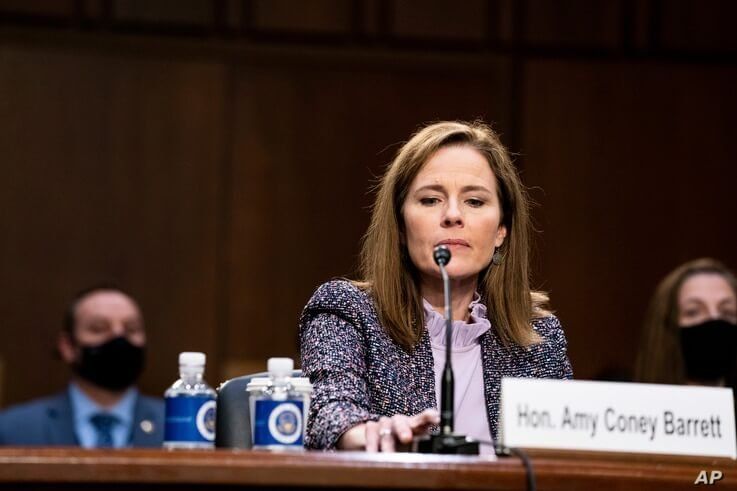
Republicans also called one of her former law clerks and a former student of hers at the University of Notre Dame law school to testify on her behalf. Meanwhile, Democrats called witnesses to testify about their experiences dealing with health care and access to abortion in the U.S., two issues a Justice Barrett would face on the Supreme Court.
Through two days of questioning, Barrett, like other Supreme Court nominees of both Republican and Democratic presidents in the last two-plus decades, deflected numerous questions about her views on legal cases she might have to consider on the court.
On Wednesday, Democrats again pressed Barrett on a key upcoming case deciding the legality of the country’s national healthcare law, which, if it’s invalidated, would impact millions of Americans.
Barrett reiterated she is not hostile to the 2010 Affordable Care Act, popularly known as Obamacare, that was championed by former president Barack Obama. The law is facing a new challenge in a Nov. 10 Supreme Court hearing, by which time Barrett could hold a seat on the nine-member court.
Barrett defended her refusal to answer how she views an array of controversial legal disputes.
“A judge needs to have an open mind, every step of the way,” Barrett told senators. “If I were to just say how I thought I would resolve a case just because I saw the issue, it would be short-circuiting that whole process through which I should go.”
Barrett is a favorite of U.S. conservatives looking to give the court a decided conservative majority. She has cited the late Supreme Court Justice Antonin Scalia, for whom she served as a law clerk two decades ago, as her philosophical mentor, for his strict interpretation of the U.S. Constitution as written two centuries ago rather than interpreting it to address current life in the U.S.
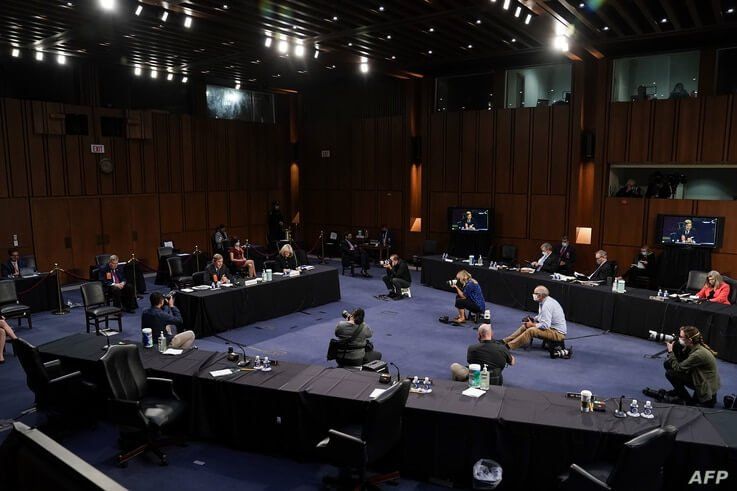
But Barrett on Wednesday told the lead Democratic Judiciary Committee member, Senator Dianne Feinstein, “When I said that Justice Scalia’s philosophy is mine too, I certainly didn’t mean to say that every sentence that came out of Justice Scalia’s mouth or every sentence that he wrote is one that I would agree with.”
Barrett, a devout Catholic, has told the Judiciary Committee that she wouldn’t let her personal and religious views determine how she would decide cases.
“I have no agenda,” Barrett said Tuesday. “I’ll follow the law.”
But Barrett repeatedly declined to say how she might rule on the court’s 1973 legalization of abortions in the United States, gun ownership rights sanctioned by the U.S. Constitution, and whether, in the Nov. 10 case, the country’s national health care law should remain in effect.
She also rebuffed a question on whether she would recuse herself, if she is quickly confirmed by the Senate, from considering any legal disputes arising from the Nov. 3 national election. Trump is trying to win a second four-year term in the White House and faces Democratic former vice president Joe Biden.
Trump has assailed mass balloting by mail and said he wants a fully staffed court ready to rule on any legal disputes over balloting and election results. With eight current justices, the court could deadlock 4-to-4 if Barrett is not confirmed in time to hear election-related cases.
Barrett said she has had no conversations with Trump or his staff “on how I would rule” on election disputes. She said it would have been unethical for her as a sitting federal appellate court judge to have such a discussion.
Democrats fear that Barrett would vote to undo many of the reforms championed by the late Justice Ruth Bader Ginsburg, including the right of same-sex couples to wed and abortion rights. Barrett has said as an appellate court judge she has set aside her Catholic beliefs opposing abortion to issue rulings according to U.S. law and could do so again on the Supreme Court.
 Mnuchin Says White House Open to Compromise on COVID BillNext PostHarris Suspends Campaign Travel After 2 in Her Entourage Test Positive for COVID
Mnuchin Says White House Open to Compromise on COVID BillNext PostHarris Suspends Campaign Travel After 2 in Her Entourage Test Positive for COVID
